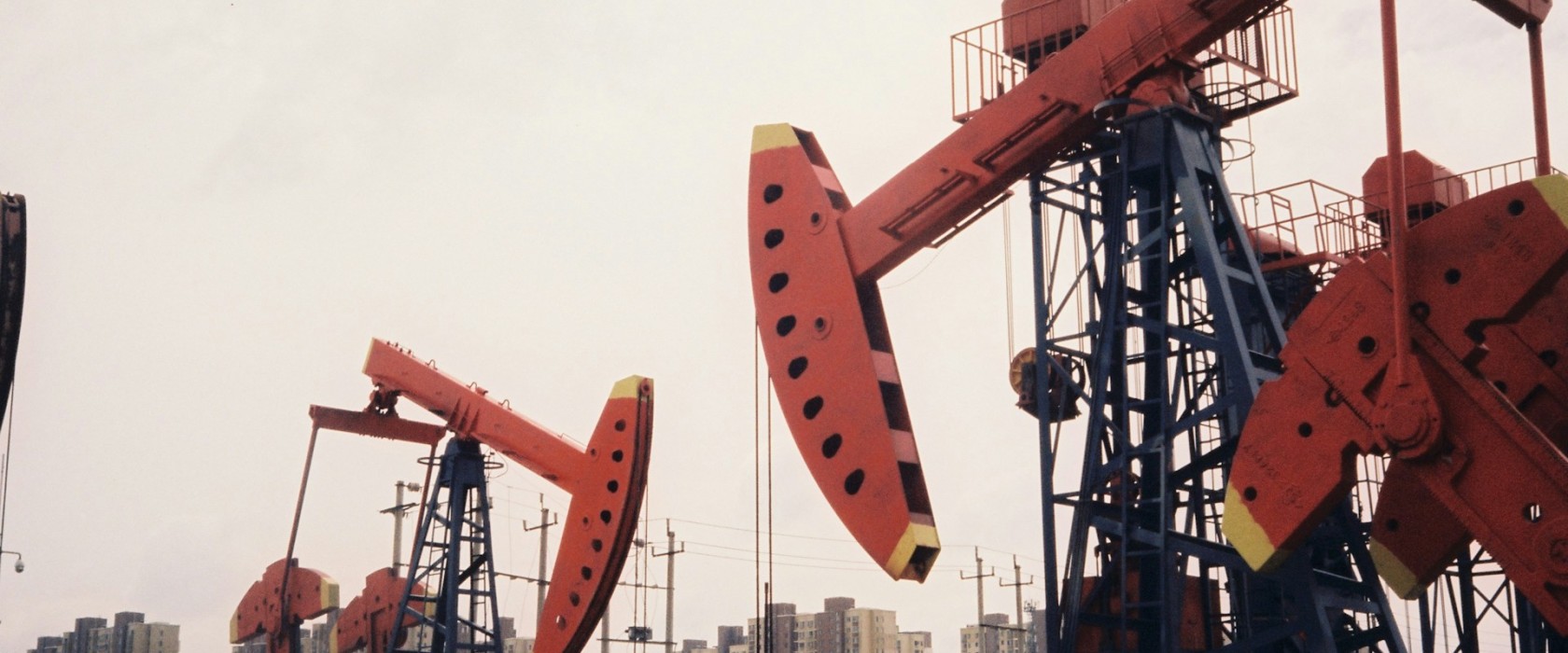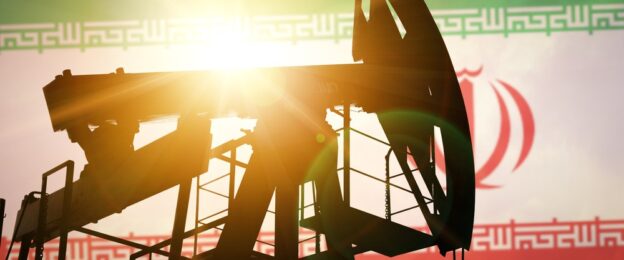- US tariffs have disrupted global oilfield supply chains, leading to increased costs and prompting shifts in sourcing strategies.
- Regional MENA oilfield service companies are benefiting from these disruptions due to their localized supply chains and proximity to clients, offering shorter lead times and competitive pricing.
- Local content programs in the MENA region, such as Saudi Arabia’s IKTVA and the UAE’s ICV, have been validated and strengthened by the global trade shifts, encouraging more domestic manufacturing and service capacity.

The Trump administration’s tariff regime, intended to boost US manufacturing and inflict punitive damage on Chinese manufacturing, has disrupted multiple industrial supply chains into the US with cascading effects across other regions. For the Middle East and North Africa (MENA) region’s oilfield services (OFS) sector, the effects are indirect but may be significant if unmitigated by national oil companies (NOCs) and OFS suppliers. With the US turning more inward, these companies can pivot sourcing to take advantage of foreign sources looking for new customers – in particular China – and strengthening local supplier output. By taking strategic action to alter procurement patterns, operators and service companies can expand capacity and avoid inflated operational costs.
Taking advantage of US tariffs
The US has rolled out a portfolio of tariffs, but the most impactful to oil and gas industry are revisions to steel duties which have eliminated country-based quotas and exemptions and reciprocal tariffs which impose at minimum 10% general import tariffs and up to 125% for China. These new fees have disrupted sourcing of key materials including OCTG, line pipe, mud pumps, drill pipe, and artificial lift systems, leading marginal cost increases in some categories but also dramatically higher premiums in others. US E&Ps and suppliers have responded by shifting sourcing to lower tariff nations like India, ramping up existing domestic capacity, and stockpiling during windows of lower rates. In most cases where additional costs are unlikely to be absorbed by customers, US weighted service companies will feel pressure on margins, causing them to increasingly deploy resources into international markets.
What hurts US companies in this case can benefit the MENA region as Asian pipe mills free up productive capacity and Chinese part suppliers go seeking new customers. Regional OFS players such as TAQA (Industrialization & Energy Services Co.), NESR, ADES, and Arabian Drilling are uniquely positioned to benefit from these supply crunches and pricing bottlenecks currently affecting global providers. One key advantage lies in their localized supply chains and maintenance operations, which are inherently more resilient and flexible compared to the globally dispersed procurement and manufacturing networks of international competitors. While global suppliers face increased exposure to geopolitical tensions, shipping delays, and trade conflicts across continents, regional players can more effectively navigate these challenges due to their proximity to major clients and ability to guarantee last-mile delivery.
This advantage also enables them to offer shorter lead times for delivering equipment and services, helping to avoid delays that could cause non-productive time and cost overruns on high-value projects and drilling campaigns. The proximity to the end-user, and shorter lead times (if local capacity constraints are not an issue), could lead to more profitable call-out contracts which typically replace underperforming competitors, up to 20%-50% more profitable than legacy sourcing agreements.
Operators gaining leverage
This is good news for MENA-based operators who stand to benefit from these market shifts by securing more competitive pricing, both domestic and foreign, partly offsetting the top-line impact of oil price declines. Reduced pricing has become a theme across the MENA OFS landscape, prompting several lump sum turnkey (LSTK) contracts to be tendered. Notable examples include those awarded to Sinopec and SLB in Kuwait this year, as well as a potential 80-well campaign announced by the Jordanian Ministry of Energy.
Furthermore, UAE NOC ADNOC has steadily expanded the use of integrated service contracts, growing from 35% in 2022 to 47% across its onshore and offshore assets this year. Saudi Aramco is also increasing the utilization of this model, with 14% of active rigs currently operating under integrated service contracts, signaling a regional shift toward more efficient and cost-effective operations in the OFS sector.
Importantly, not all OFS players have been negatively impacted by the tariffs. The Middle Eastern rig market has remained relatively cushioned, as shown by Saudi Aramco’s Jafurah field, which is continuing its planned rig ramp up with approximately 50 rigs. Further supporting this trend, in April 2025, rig supplier ADES confirmed a ten-year, $291 million contract with Aramco for a jack-up rig, a reversal from the suspensions seen this time last year.
Local content programs bear fruit
Arguably the most significant impact has been the boost to regional localization frameworks. Trumpian tariffs indirectly validated the industrial policies of governments like Saudi Arabia’s In-Kingdom Total Value Add (IKTVA) and the UAE’s In-Country Value (ICV) programs – both designed to increase domestic content in energy sector procurement.
In 2018, Saudi Aramco embedded localization metrics into tender evaluations through IKTVA. Multinational players like Baker Hughes and Schlumberger, which set up high-value manufacturing centers in Dhahran Techno Valley and King Salman Energy Park (SPARK), received preferential scoring and early visibility into bid pipelines. These global firms often partnered with local players such as Zamil Offshore, and TAQA (through subcontract awards) – established Saudi entities with IKTVA credentials – to strengthen their domestic value-add. TAQA has also ramped up local rig refurbishment and directional drilling services to capitalize on Aramco’s drive for localized upstream support.
In the same year, ADNOC’s ICV program shifted procurement policies to strengthen local supplies and suppliers which also encouraged international firms to localize their manufacturing and maintenance, illustrated by Halliburton’s decision to establish a cementing additives plant in Abu Dhabi’s ICAD II industrial zone. The result is a shifting competitive landscape: companies with regional repair, assembly, or R&D capacity are now structurally advantaged in NOC bidding processes.
In summary, US tariffs have disrupted the oilfield supply chain leading to higher costs to operators in some categories and margin pressure on OFS companies. This will open up spare capacity in China and among other Asian suppliers which may lead to better pricing for MENA companies. Regional service providers stand to benefit with more insulation against global trade disruptions, and local content programs will further demonstrate the value of local manufacturing and service capacity.
https://oilprice.com/Energy/Crude-Oil/Trump-Tariffs-Reshape-MENA-Oilfield-Services.amp.html





